Description
Prostate-specific antigen (PSA), also known as gamma-seminoprotein or kallikrein-3 (KLK3), is a glycoprotein enzyme encoded in humans by the KLK3 gene. PSA is a member of the kallikrein-related peptidase family and is secreted by the epithelial cells of the prostate gland. PSA is produced for the ejaculate, where it liquefies semen in the seminal coagulum and allows sperm to swim freely. It is also believed to be instrumental in dissolving cervical mucus, allowing the entry of sperm into the uterus.
PSA is present in small quantities in the serum of men with healthy prostates, but is often elevated in the presence of prostate cancer or other prostate disorders. Obesity has been reported to reduce serum PSA levels. PSA levels can be also increased by prostatitis, irritation and benign prostatic hyperplasia producing a false positive result. PSA is not a unique indicator of prostate cancer, but may also detect prostatitis or benign prostatic hyperplasia. 30 percent of patients with high PSA have prostate cancer diagnosed after biopsy. Clinical practice guidelines for prostate cancer screening vary and are controversial due to uncertainty as to whether the benefits of screening ultimately outweigh the risks of overdiagnosis and over treatment.
Only logged in customers who have purchased this product may leave a review.



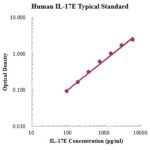
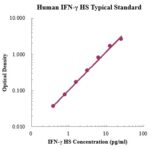


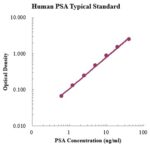






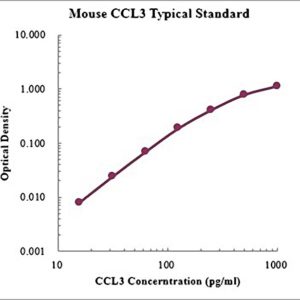

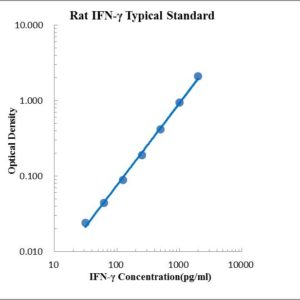
Reviews
There are no reviews yet.